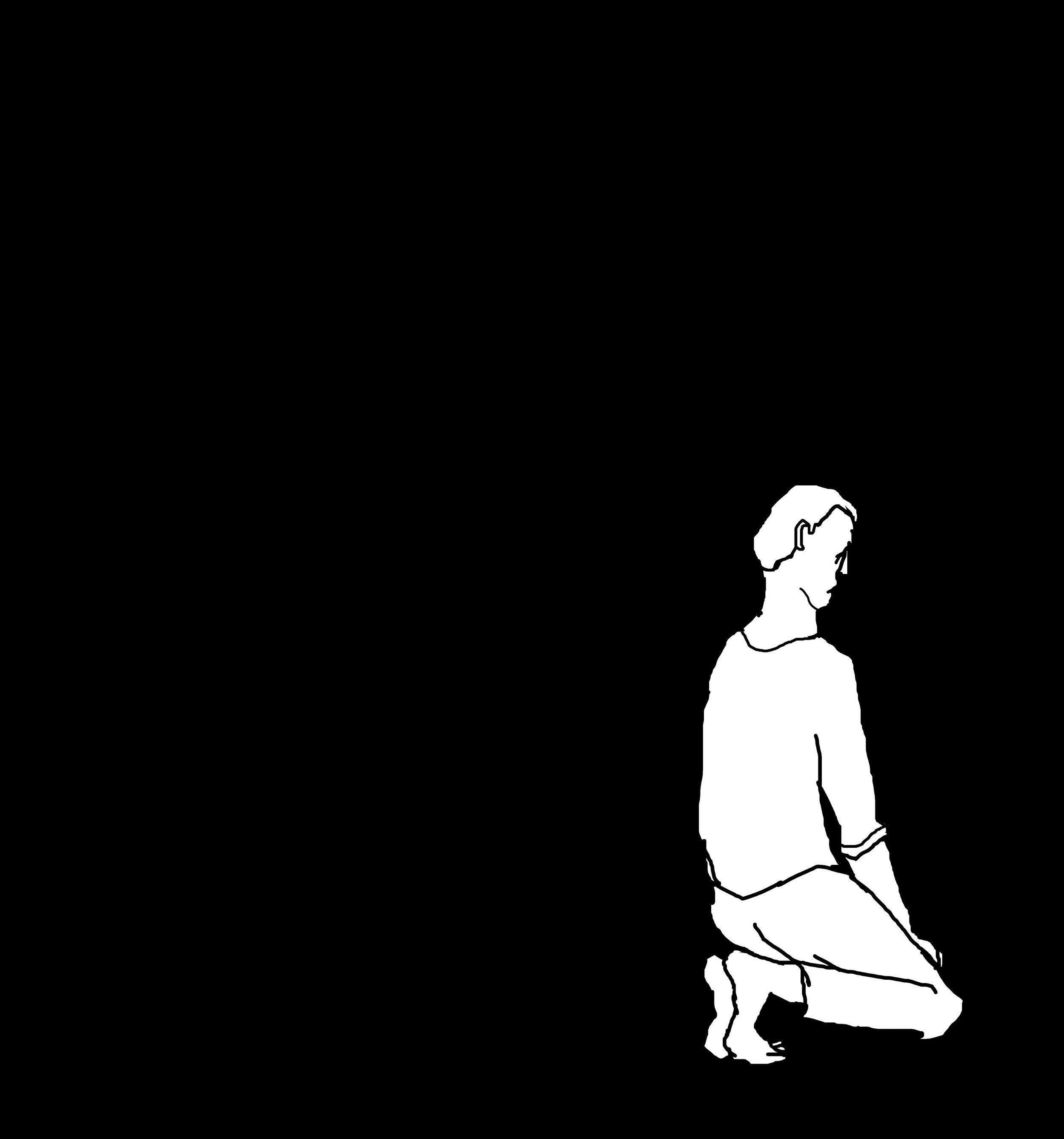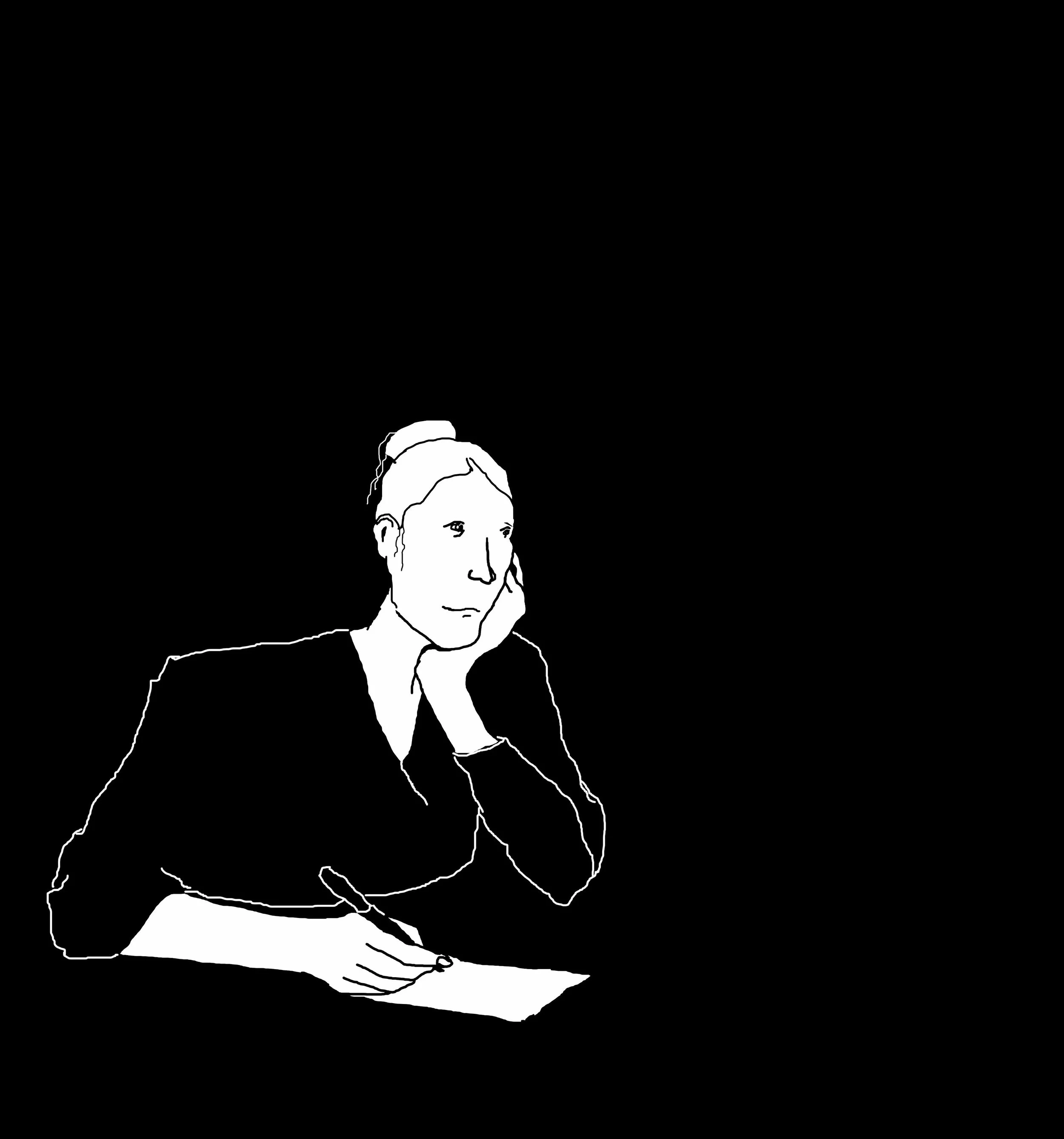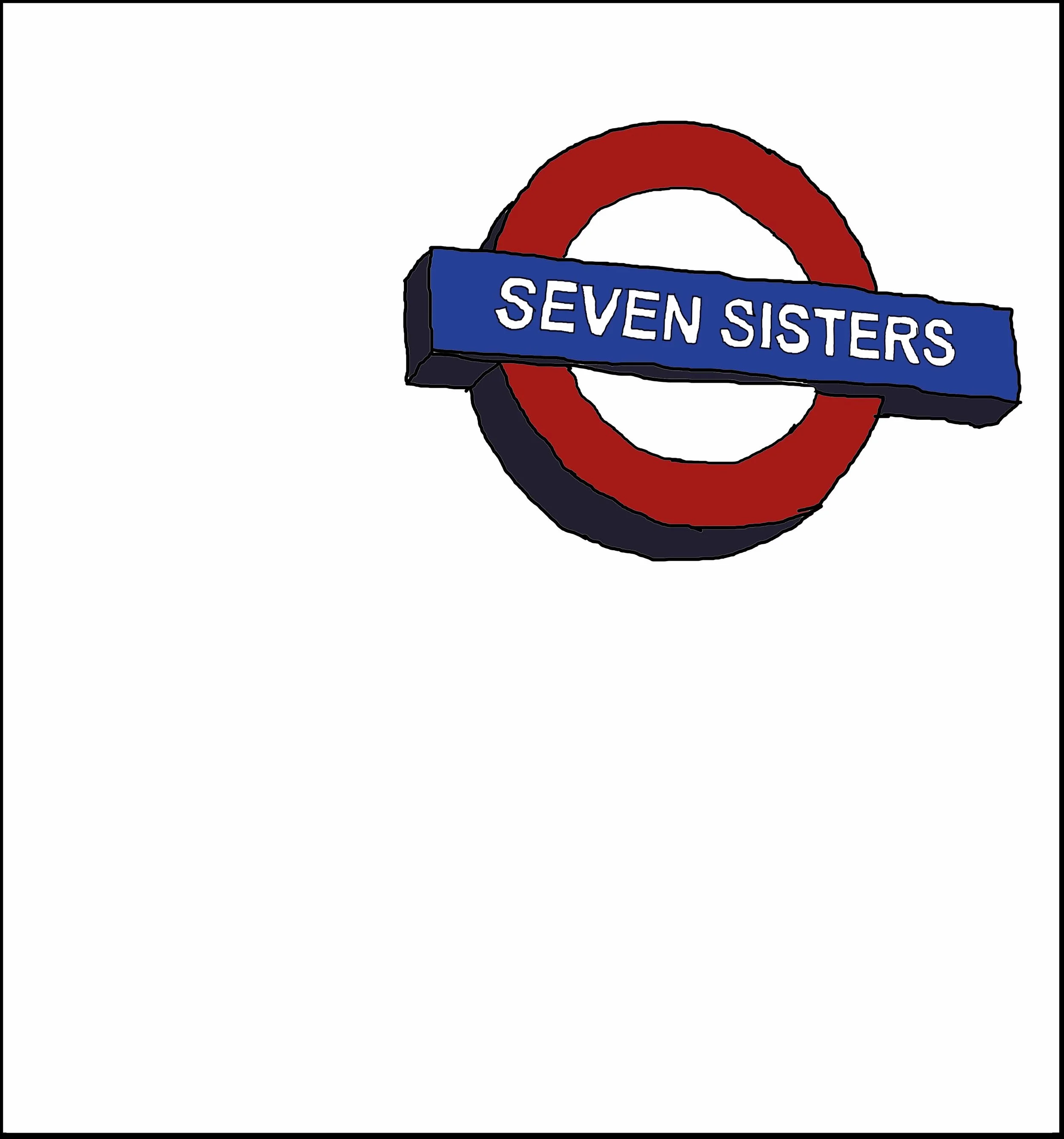The child is the father of the man, is a saying that comes to mind; the entirety of a work of art, or the blueprint for it, must be evident in each of its utterances, in each of its constituent parts.
diary /
Which isn’t to say that, in the writing process, what at first is the opening sentence can’t be done away with, and be replaced by something else, but only that, if the work is to reveal itself, and find its rhythm, and manifest so fluidly that the writer feels not entirely in control of where it is going, which needs to happen if the work is to achieve an unpredictability, though not an implausibility, then whatever is essential at its outset must be imparted, like a ghost, or a reverberation of form, to everything that follows.
diary /
But, whatever that opening sentence might be, the rest of the novel would have to proceed from it, for to depart from it completely would mean that the writer had set down words that did not matter, or, to use the analogy of painting, had included, on the canvas, brushstrokes that had no relation to the final image.
diary /
Or I could draw something else altogether, a pattern or a shape that might communicate the mood of that opening sentence, though it wouldn’t pertain to the action of the sentence itself, or to the person and the object that the sentence had meant to portray.
diary /
For instance, my opening sentence could be: “Once there was a woman who lived in a windowless house.” And I could draw that house, or I could draw the woman, or the expression on the woman’s face, as she stood inside the house, doing nothing, or doing something, it wouldn’t matter what.
diary /
Instead of writing a novel in a document on my computer, and saving it as I go, I could start one in this diary, beginning whenever, on one day or another, and continuing from entry to entry, illustrating like I have been, with pictures that I’ve drawn, though not minding if those pictures are representational or abstract, though the novel itself would be representational, meaning, rendered in such a way that, if it succeeded, readers would forget they were looking at words, and punctuation, and instead would see, in their mind’s eye, a sequence of images that the words and punctuation produced.
diary /
I started watching The Madness of King George last night, but fell asleep before I’d gotten far into it, so that it continued to play on my laptop as I must have been sleeping, and entered my dreams, I think, through the dialogue and music I still was hearing.
diary /
I keep remembering the Wallace Stevens poem Man Carrying Thing, in which the speaker says that a poem must resist the intelligence “almost successfully”.
diary /
Of course, the mode of contemplation in which one can find one’s self while experiencing a work of art is not the same, I don’t think, as the contemplation to which one can be brought through prayer, or religious reverie, though the two are more similar than they are different, and perhaps are related by the awareness they can occasion in us of our own mortality, which I don’t mean in a morbid way, or in a way that is lacking in consolation, but more as a fact that will assert itself regardless of whether we’d like it to, and that can evoke in us, if we don’t flee from it, a tranquility or surrender that can help us to know when to act, or to speak, or to remain silent.
diary /
Not that, either, every audience is capable of being moved by the work of art to which they have made themselves present, for such an outcome depends on many things, not least of which is the context where the art is encountered, though if the context is ideal, by which I mean a set of circumstances that doesn’t hurry the audience’s experience of the work, nor pressure the audience to say anything about it, nor encourage the audience to perceive their time with it as a transaction through which they gain some definite knowledge, or return, then there’s no reason such an audience, if they can only exert on their soul an act of the most mild patience, can’t enter into a mode of contemplation that it is one of art’s purposes to bring about.
diary /
Not that artists can’t be motivated by joy, but only that the work they produce under its sway, or in its thrall, has the same potential, aesthetically, as a work born of despair, insofar as neither work will succeed unless the artist, when embarking on it, is able to subsume the fervor of those sentiments, or spiritual conditions, into the coldness or remoteness, which isn’t to say heartlessness, of technique, which is really only talent, when talent is put to use, and which can be measured by one’s ability, when manipulating the medium in which one practices, to bring the audience into contact with a truth that cannot be parted from its fictive roots.
diary /
The consolations of art, for the artist who makes it, as opposed to the audience for whom it is made, can, I guess, be considerable, insofar as the making of it can distract the artist from whatever cares or fears or sorrows have driven her to that pursuit in the first place, even if, as an end, what she makes is of little importance to her, or is unable to hold her attention once it is made, so that she cannot dwell on it, or obtain from it much satisfaction, but begins again searching for something new, so that she is usually occupied, and rarely idle, although, if such is the case, it may be more accurate to say, of her body of work, that there are not so much individual pieces, but only a continuum of expression from which the artist looks up, from time to time, in order to maintain her sanity, or health, and onto which she imposes, for the sake of comprehension, beginnings and ends that are not artificial, exactly, but that cannot contain the entirety of ideas that the breadth of her efforts do.
diary /
I’ve reached a point in this diary, I think, where the entries are writing themselves, by which I mean they seem to me already there, when I sit down to write them, not formed, exactly, but proximate to me, nearby, ready to be articulate, as if each of them has taken its place in a queue that cannot be seen, and whose order is mysterious to me, as it is shaped by events that belong to the future, so that I can apprehend it only as those events at its front transpire, or happen in time, while the rest of it is hidden in a mist of potentiality, disclosing itself, I imagine, if it discloses itself at all, to the face of whatever angel has been tasked with recording or rendering my fate.
diary /
But as I was walking to the station yesterday, in the neighborhood where I’m staying, thinking of what I was going to do, one of those double-decker buses came along, and passed me, and slowed to the curb ahead of me, to let on a person who’d been standing there, waiting, so that I couldn’t help but run after it myself and board it too, so appealing was it to my eye, and, once inside it, to go up the stairwell to the top, where I sat by myself on a seat at the front, and looked out at the road, not sure where I was going, but not really caring, taking a selfie that I sent to my friend, who did text back later, laughing and making a joke, because I’d told her, when we’d been traveling together, earlier in the week, how I’d wanted to do this, and she’d thought it was funny, because she lives here in this city, and the buses aren’t a novelty to her, but are only a means of getting around, though she can see, she said, how they might be more than that to me, at least for the time that I’m here.
diary /
What if I choose a stop on the Underground to travel to today, and get out at, based on how much I like its name, and then write about what happens to me there, or what I do or see, and post it on this diary tomorrow, assuming I am granted another tomorrow, which of course I have no reason to think I won’t be, though I know that anything can happen in this life, and I don’t like to make predictions, even if they are innocuous, and seem to have nothing riding on them.
diary /
We bought a marijuana cigarette in a café that was licensed to vend them, and sat in a corner, and smoked it while drinking a cup of English breakfast tea, which the proprietor was required to sell during every transaction, he said, either that or a cup of coffee, and began talking to each other in a normal way, by which I mean the way we usually talked, which was happy enough without involving much effort, or concentration, though after a while, before we’d finished the cigarette, but had left it to smolder in a notch or indentation of an ashtray, so that soon it was extinguished, and would need to be lit again if we wanted to resume it, which we did not, though not because we hadn’t liked it, but merely because we wanted to walk, we got up and gathered our things and thanked the guy and went out onto the street and wandered along the cobblestones beside the canal until we reached an underpass on the far side of which we saw, while we were still in it, continuing the conversation we’d been having, so that one of us would talk while the other would listen, or so that both of us would talk at the same time, a handful of pigeons that had been pecking at the ground and that were startled into flight when a bicyclist entered the tunnel from the other direction.
diary /
On a postcard in the shop of a museum that I’d visited with a friend who’d said my name, and had beckoned to me, when she’d seen the postcard in question, knowing that it would appeal to me, due to the subjects that absorbed me, was a drawing that I liked so much that I figured I’d buy it on our way out, before we left and went outside, although, because we remained a few minutes longer, looking at posters and magnets and things, so that I didn’t immediately hold onto the postcard, and take it to the cashier, but wandered around a while, at times with my friend, and other times by myself, we departed before I remembered to return to the rack and pick it up, although, after we were gone, and were making our way down the street beside a canal, and were talking of other things, like the movement of the water, and the ducks that were swimming in the water, in groups and on their own, it appeared to me in my mind, the postcard did, so that I said something about it, or made an exclamation, to the effect that I wondered whether I ought to run back and get it, and I almost did so, though I did not, in the end, for my friend said to me, in a voice that was funny and emphatic, though not unserious, “No, Edward, remember it.”
diary /
On a wall in a room in a museum in Amsterdam, in colors that seemed to me muted, or unobtrusive, though not without a harmony that impressed itself on my mind, was a painting of a woman whose figure was visible to the viewer, but whose back was turned, so that one saw her face only in profile, and could only guess at the thoughts or expressions that might’ve been evident if she’d swiveled around, or that would’ve been suggested if there had been objects beside her, on a table or a washstand, for instance, to give us insight into her personality and circumstances, in whatever interior she may have been in, depending on where the painter had worked when he’d painted the model this woman was based on, assuming she was based on a model at all, and was not, instead, conceived in his imagination, and portrayed as she was, in this foreground that had no features and no context, but rather was dark, so that even if there had been a thought or an expression on her face, it wouldn’t have occurred in actuality, or have been experienced by a person who’d existed, but would only have been invented, as the entire woman had been, for the effect the painter wanted to convey.
diary /
Happy New Year!
diary /
On a shelf above the TV in this flat where I am staying, in this city I’m not from but that I’ve visited before, and would like to visit again, is one of those Matryoshka dolls that can be unscrewed at its midsection to reveal, once you’ve separated the top from the bottom, and lifted it, as you would the lid of a jar, another wooden doll, of smaller size, but equal proportion, that itself can be unscrewed, at its midsection, to reveal, once you’ve opened it, another wooden doll, also smaller, but also containing another doll, and so on, until, several dolls later, if you keep going, removing dolls and taking them apart, so that you surround yourself with their shells, or halved bodies, you reach the final one, which is no bigger than your thumb, and which is also hollow, but which cannot be unscrewed, so that it holds only air, or empty space.



















